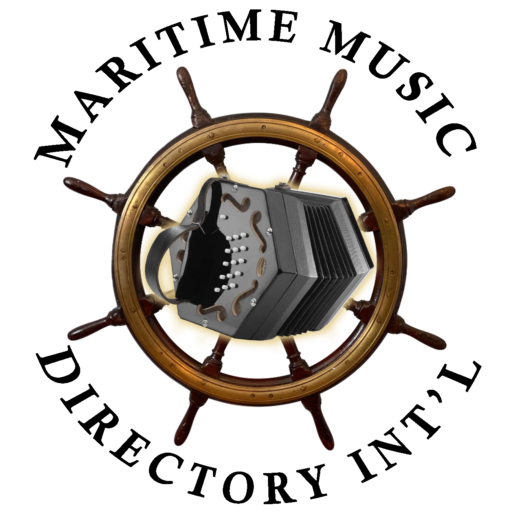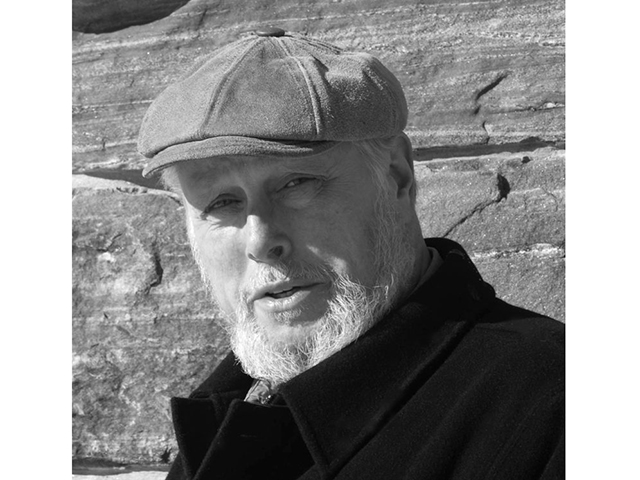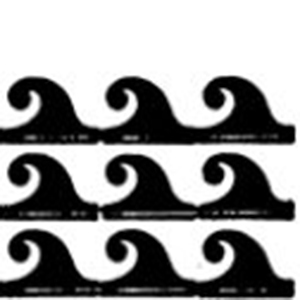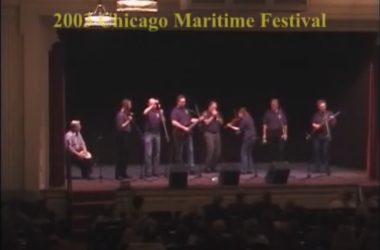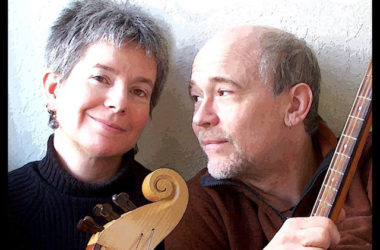Overview
Bob had a life-long love of history and research and was fascinated by a wide variety of topics, from the geology of California to automobiles and aircraft, antique firearms, sailing ships, the history of the Martin guitar and the writings of Jack Kerouac. Childhood explorations around the Los Angeles waterfront with his uncle, Ted Brown, gave him glimpses of vanishing times and a desire to preserve and document those times.
Maritime history brought him to the East Coast, first as librarian and educator at the Kendall Whaling Museum in Sharon, Massachusetts and later as curator at the Maine Maritime Museum in Bath. In addition to public programs and exhibitions, Bob wrote dozens of articles and three significant books: Sailor-Painter: The Uncommon Life of Charles Robert Patterson (2005), On the Northwest: Commercial Whaling in the Pacific Northwest 1790-1967 (1988), and Ring the Banjar: The Banjo in America From Folklore to Factory which was published in 1984 to accompany a ground-breaking exhibition on the history of the banjo in America at the MIT Museum.
Music also framed Bob’s life and adventures, from the hootenannies of his youth, to the True & Trembling String Band on the West Coast, two tours with the young Tom Waits, festivals around North America and Europe and happy afternoons of tunes around the house. A talented player of the clawhammer banjo, guitar and MacCann duet concertina, he was also a fine singer of songs of the sea, old-time ballads and songs of the American and Canadian West.
He was a talented raconteur, and a lucid and facile writer, comfortable in fiction, non-fiction and poetry. He could discuss, at the drop of a hat (he liked hats), The Dharma Bums, the relative tonnage of Maine-built sailing ships, or the banjo’s African antecedents. Whatever his subject, in public or private, he brought an artist’s eye and a scholar’s sensibilities to the discussion. Those who knew him, even briefly, came away with the imprint of a man dedicated to his work, to collegiality and conviviality, to scholarship and truth, and to artistic expression, whether in print, on the stage, or in conversation.
Bob died at home on Christmas Day, December 25, 2013, surrounded by his family. He was a well-loved singer of shanties and player of many banjoes, performing and teaching at Mystic Seaport Sea Music Festival and many other international festivals, as well as in schools and museums nationwide.
No
Members
Bob Webb
Contact Information
Jill
King
Bath
ME
USA
